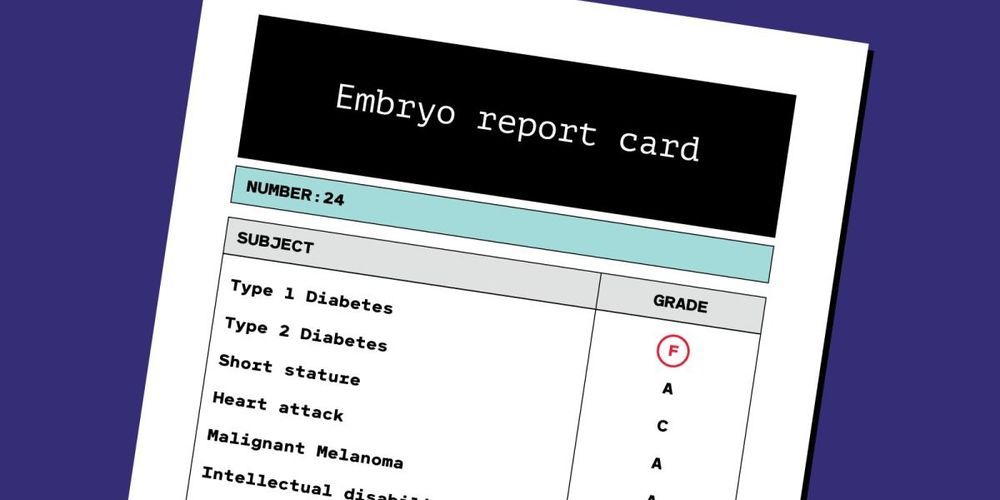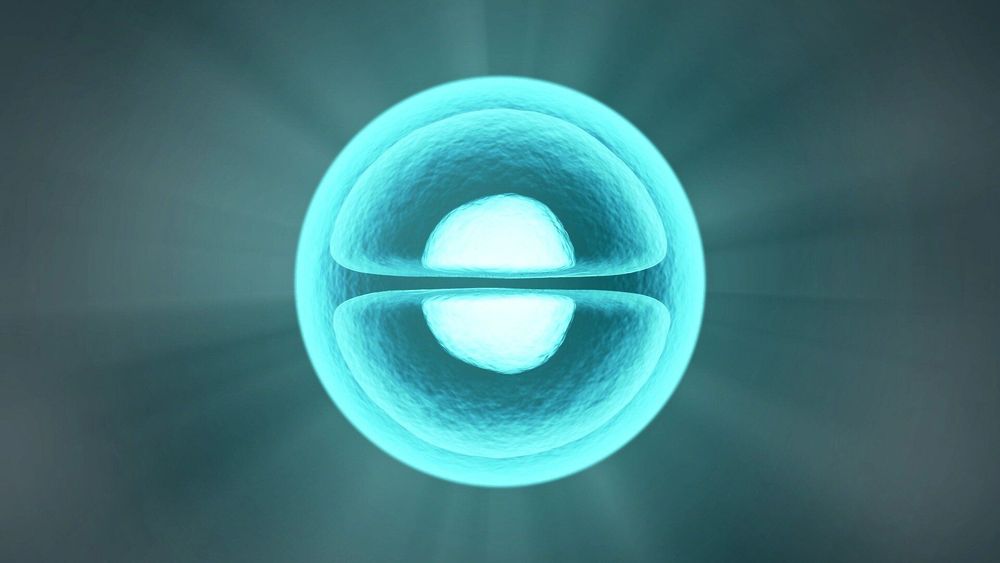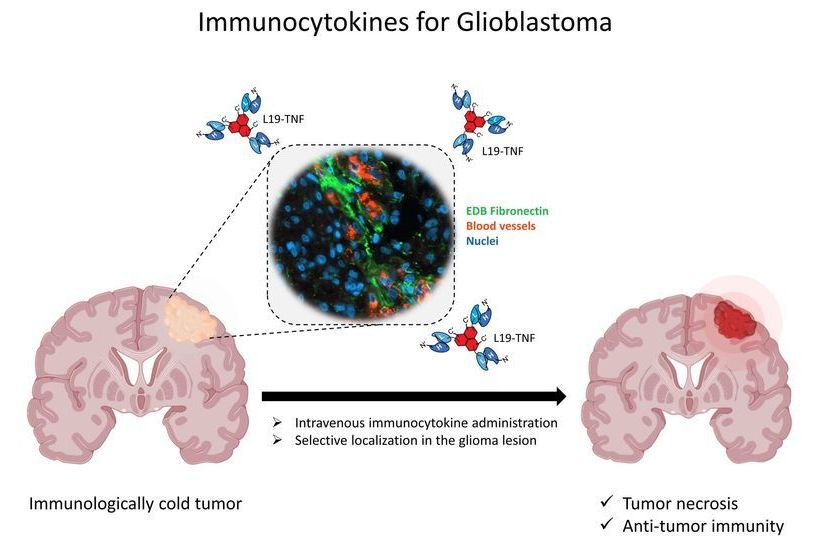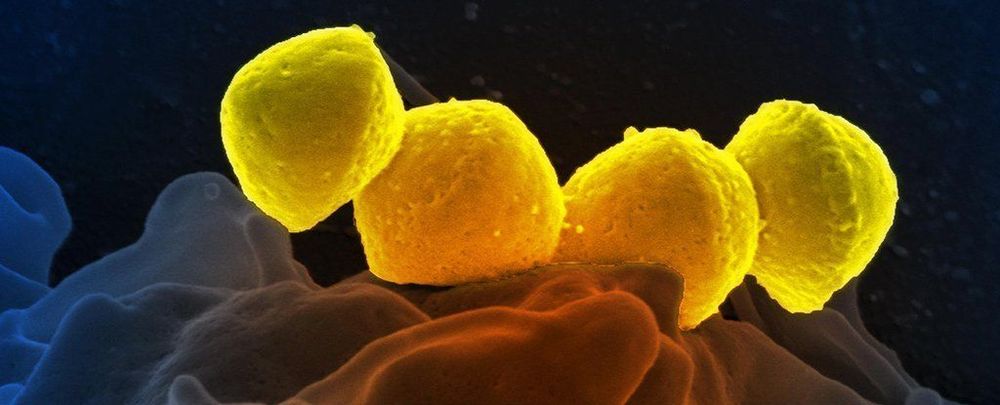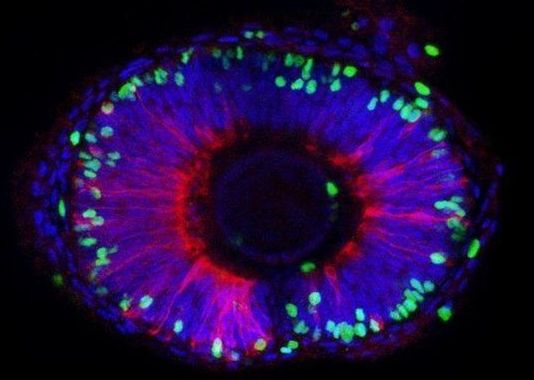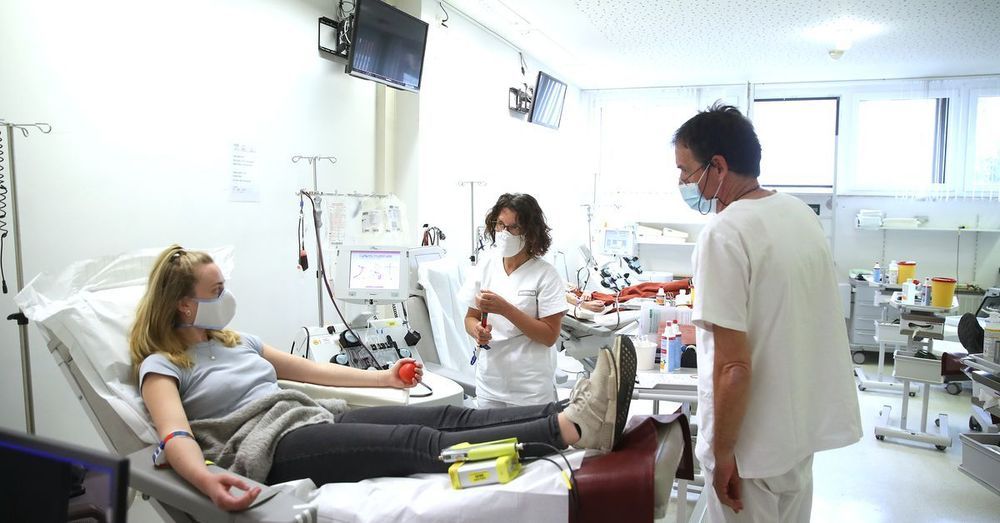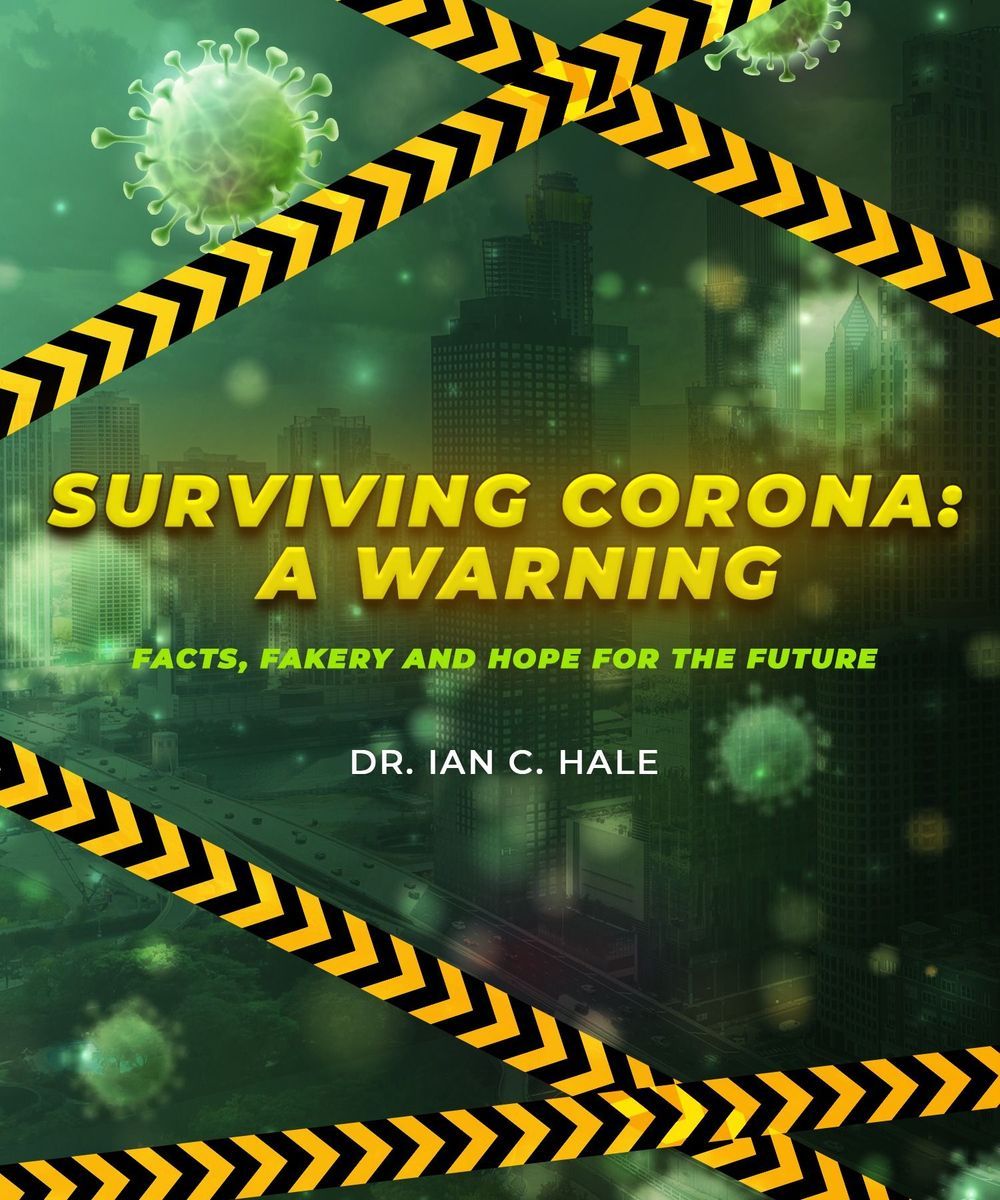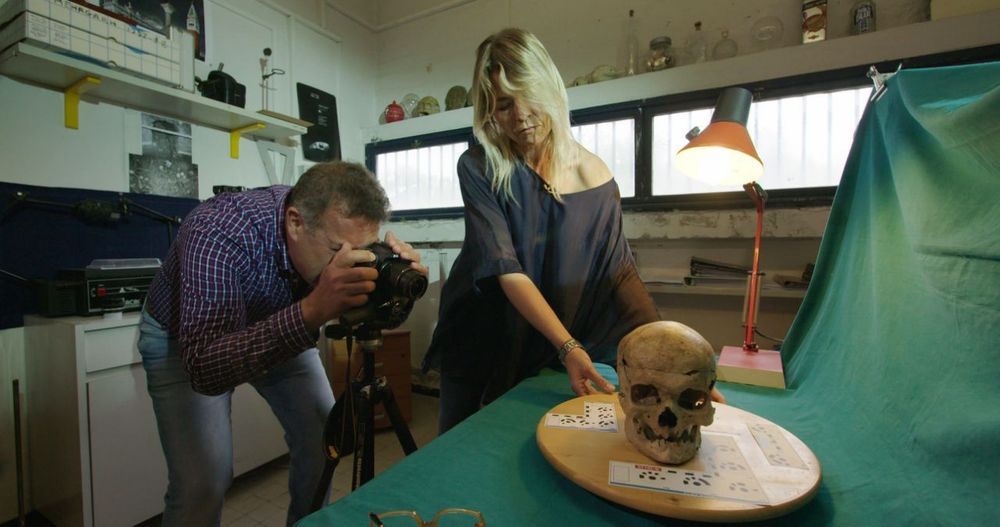Vaccines could take years, and preventative drugs could help bridge the gap.
Though many people are pinning their hopes on a COVID-19 vaccine, another option is available: preventive treatment. At a Senate hearing this week, Anthony Fauci noted that a vaccine — which is probably months or years away — isn’t the only way to protect someone from a life-threatening virus.
These treatments could protect people against infection for a few weeks or months, said Fauci, the director of the National Institute of Allergy and Infectious Diseases. While most ongoing research studies are focused on finding treatments for people who are already sick with COVID-19, some researchers are looking to see if they can stop people who are at high risk from getting sick in the first place.
It’s a proven strategy: preventive drugs have been used for decades to help people protect themselves against malaria. More recently, they were a breakthrough in the fight against HIV. There’s no effective vaccine against HIV, but people can take a daily medication that reduces their risk of contracting it through sexual activity by 99 percent. The medication is a pre-exposure prophylactic, or PrEP — a drug used to prevent disease in people who haven’t yet been exposed to it.
